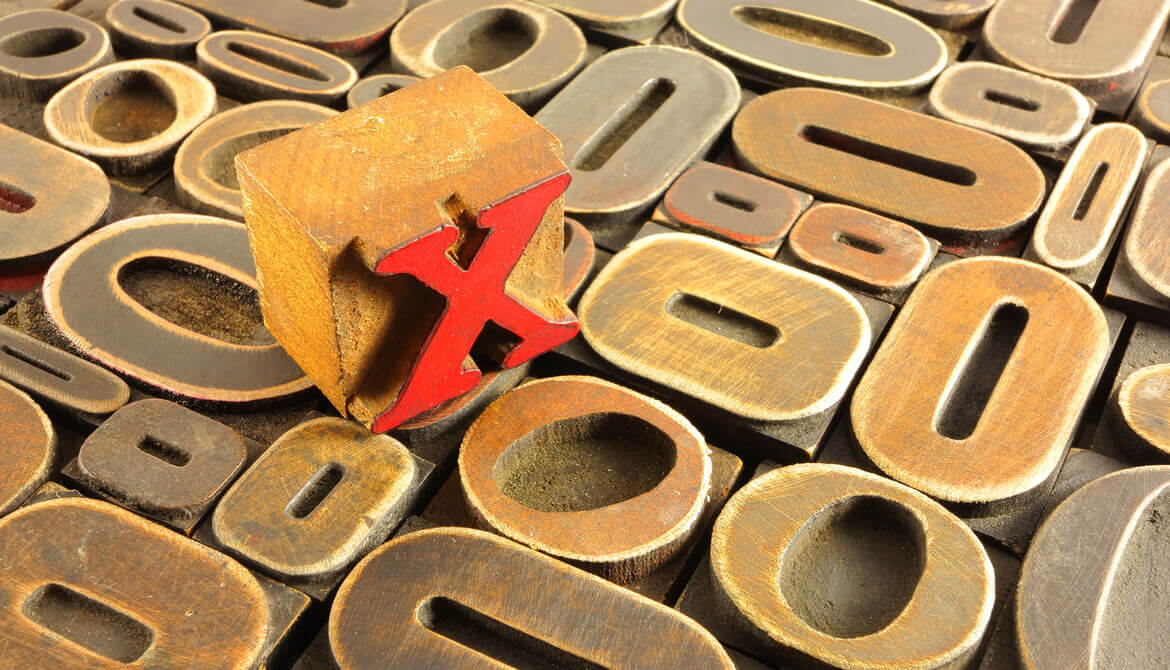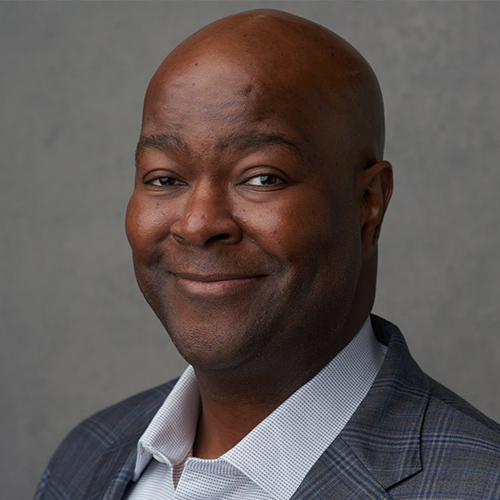2 minutes
Three things you can do to shake up old habits and allow new ways of thinking and acting to surface
We are all creatures of habit.
Some habits are good. For example, some simplify our lives by allowing us to do everyday things without a lot of mental effort, like putting both feet on the floor to help us get out of a chair. Other habits, like looking both ways before we cross a street, keep us safe.
At times, shaking up our usual patterns is important. People who smoke may decide to protect their health by giving it up. People with back pain may choose to invest in a standing desk to help make their work habits more ergonomic. People who believe in diversity, equity and inclusion will strive to identify their unconscious biases and form new patterns of thinking and behaving.
But, as many people will attest, breaking a habit can be difficult. That is because the status quo is resilient.
Fortunately, there are things you can do to shake free of doing what you’ve always done and open yourself to new and better habits. Here are three for you to consider and try.
- Slow down and be intentional. Judo black belt, physicist and movement educator Moshé Feldenkrais is known for saying, “If you know what you’re doing, you can do what you want.” The method he developed helps people gain more freedom and avoid pain by doing slow, sequential movements and paying attention to what they are doing. Through awareness, improvements can be made.
- Put yourself on a pathway of continuous learning. Creating a habit of learning means recognizing all the ways you can learn—and making the time to do it. You can take on stretch projects, try innovative approaches you identify in your reading and take formal courses. Maybe you learn the most from dialog with your professional network. Take a moment now to block some time on your calendar for learning or reflecting on recent learning—and consider doing this on a regular basis.
- Recognize and reward success. Participating in an industry award program can be beneficial in supporting your efforts to develop new habits. The best recognition programs go beyond just naming a worthy recipient. For example, the application process will give you an opportunity to reflect on what you’ve been doing well, helping you retain your new knowledge. In addition, you get to learn more about the outstanding work of your peers—work you may wish to emulate.
Dedicated to professional development for credit union leaders, CUES has entered its 2021 awards season with the announcement of our new DEI: Catalyst for Change Award. This will recognize a credit union that has intentionally learned about and supported advancements for diversity, equity and inclusion. Nominations for the DEI: Catalyst for Change and all our other 2021 awards are due April 16. I hope to see you among the entrants, showing how you have effectively pushed back on the status quo and established new, more positive habits.
Since joining CUES in March 2013, John Pembroke has played a leadership role in developing and launching a new direction in CUES’ strategy, branding and culture. Under his guidance, CUES has revamped its membership structure and launched new institutes. Additionally, CUES has expanded its market further into Canada and the Caribbean. Pembroke’s experience includes 25 years in financial services, marketing and e-commerce. He also has served as chief marketing officer at PSCU Financial Services, St. Petersburg, Florida. Pembroke holds a B.S. in Economics from the Wharton School of Business of the University of Pennsylvania and an MBA in Marketing and Policy Studies from the Booth School of Business of the University of Chicago.






